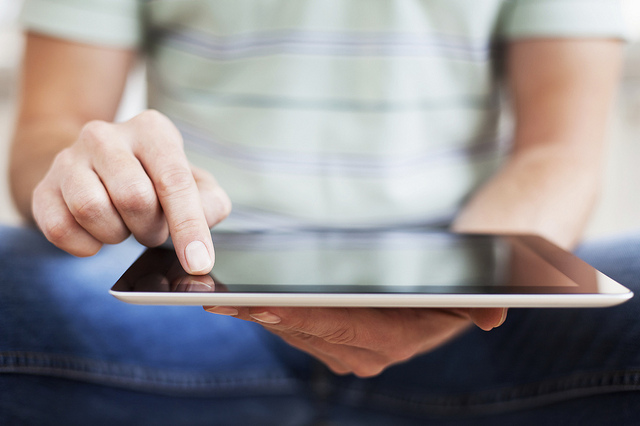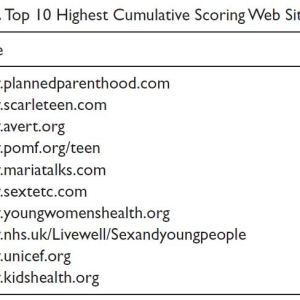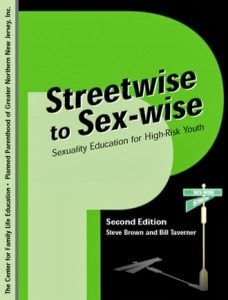
A new study from researchers at the Guttmacher Institute found that the percentage of teens who have received a formal sex education dropped significantly between 2006 and 2013. The study, published in the Journal of Adolescent Health, found significant declines in education on birth control, saying no to sex, sexually transmitted diseases, and HIV/AIDS.
In fact, a significant percentage of teens reported not receiving any information about birth control from school or from their parents. So where are teens self-educating about sexual health?
Just this month, the Guttmacher Institute also updated their fact sheet on American teens’ sources of sexual health education. According to this fact sheet, teens report getting their information from a number of different sources. Though some adolescents do report speaking to their parents, other sources of information include health care providers (though only a small percentage feel comfortable bringing up sex with their doctor) and online media (though this information is often inaccurate).
And some have also honed in on the possibility that adolescents are using porn as a form of self-directed sex ed. In fact, Utah Governor Gary Herbert recently passed a resolution declaring porn to be a health hazard, his argument being that the internet has made porn so much more accessible that kids are now seeing it at younger ages, leading them to internalize the belief that sexual violence is acceptable and that women are “objects and commodities for the viewer’s use.”
Such conjecture, however, remains mostly anecdotal.
Still, there’s no question that the internet has made it much easier to access all kinds of content, sexual or otherwise. Luckily, there are those who are harnessing technology in order to create better sources of sex education for those who aren’t getting it either at school or at home.
Last year, for example, new sex ed application It Matters launched. Developed by nonprofit organization Access Matters in response to rising HIV and STD rates in Philadelphia, this application allows users to access easy-to-understand information about sexual and reproductive health, and also enables them to ask experts questions anonymously and locate nearby clinics. My Sex Doctor is another sex ed app that launched last year, and includes a dictionary of sexual health terms, a list of 100 things you must know, and a symptom checker. And Planned Parenthood has created a plethora of apps that teens can use to learn more about birth control, pregnancy prevention, communication, and more.
More recently, as we mentioned in a recent edition of Sex Ed in the News, Juicebox launched. Users can use the app to anonymously ask sexual health experts all of their most pressing questions.
Formal, school-based sexuality education curricula are different from school district to school district, which makes it difficult to ensure that most adolescents are receiving the information they need. Luckily, thanks to some brilliant sex tech geeks, it is becoming more and more possible for teens to go to the internet with their questions… and to come back with the correct answers.
(image via Flickr)





